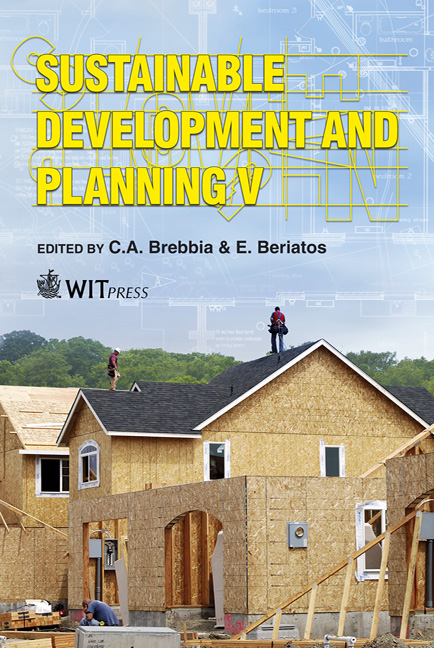Assessment Of A Sustainable Rural Development Model: Best Practices In Comala, Colima, Mexico
Price
Free (open access)
Transaction
Volume
150
Pages
13
Page Range
609 - 621
Published
2011
Size
2982 kb
Paper DOI
10.2495/SDP110511
Copyright
WIT Press
Author(s)
R. Zizumbo-Villarreal & R. I. Roja-Caldelas
Abstract
The approach to sustainable rural development in Mexico has been implemented since 2000 with the creation of the Rural Development Law (RDL). This proposal has been applied over almost ten years in different levels of management projects; national, state, regional and municipal, which have followed two types of planning processes: the first, a macroeconomic perspective that articulates projects with regional impact (top-down); and the second, a planning development view promoted from local communities (bottom-up) in order to have a direct impact over marginalized population, in both cases integrating environmental and ecological assessment of natural resources. The RDL also calls for coordination and convergence of different sector interests to achieve multiple objectives of projects. Such approach takes into account social, economic, environmental, technological and political-institutional aspects to assess development proposals. From this perspective, the present study aims to set the framework of Sustainable Rural Development in Mexico and to assess the achievements and shortcomings of the RDL model based on available information from best practices reported to the National Network of Sustainable Rural Development database 2006-2009 for the State of Colima, Mexico. Finally, results are demonstrating little achievements related to the integration of social organizations, better management practices and technical training levels. Keywords: sustainable development, territorial approach, rural development, resource management.
Keywords
sustainable development, territorial approach, rural development,resource management.





